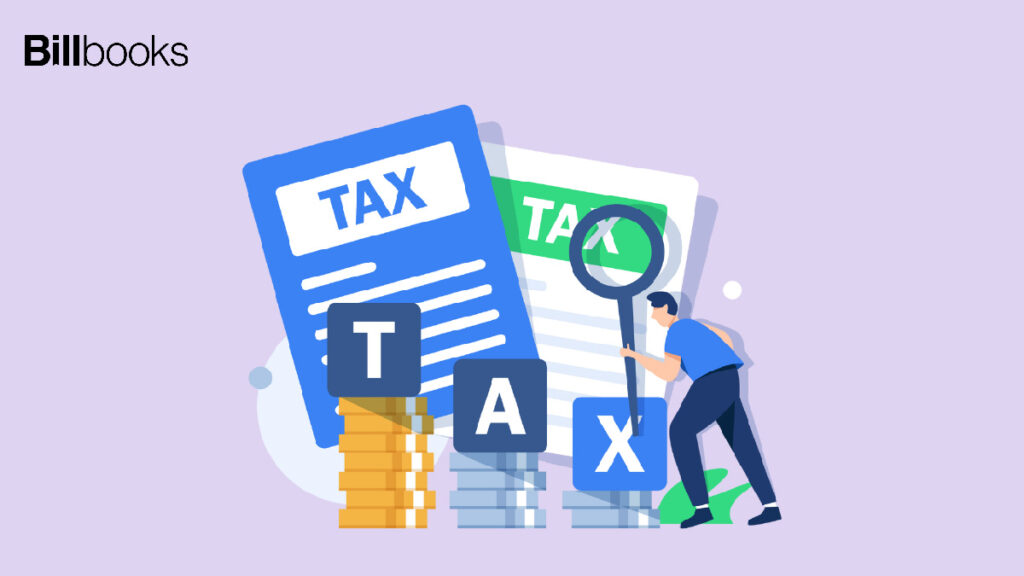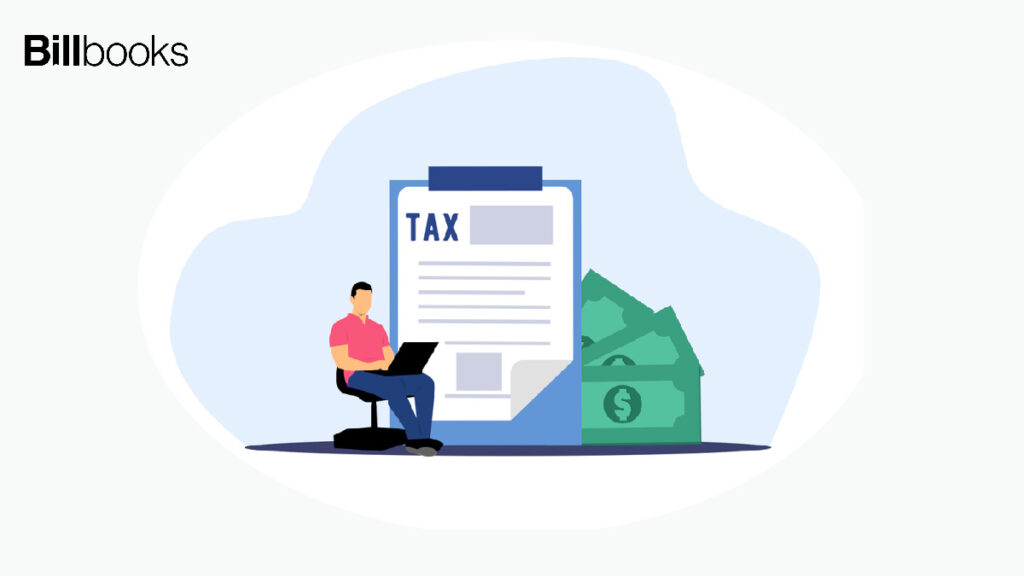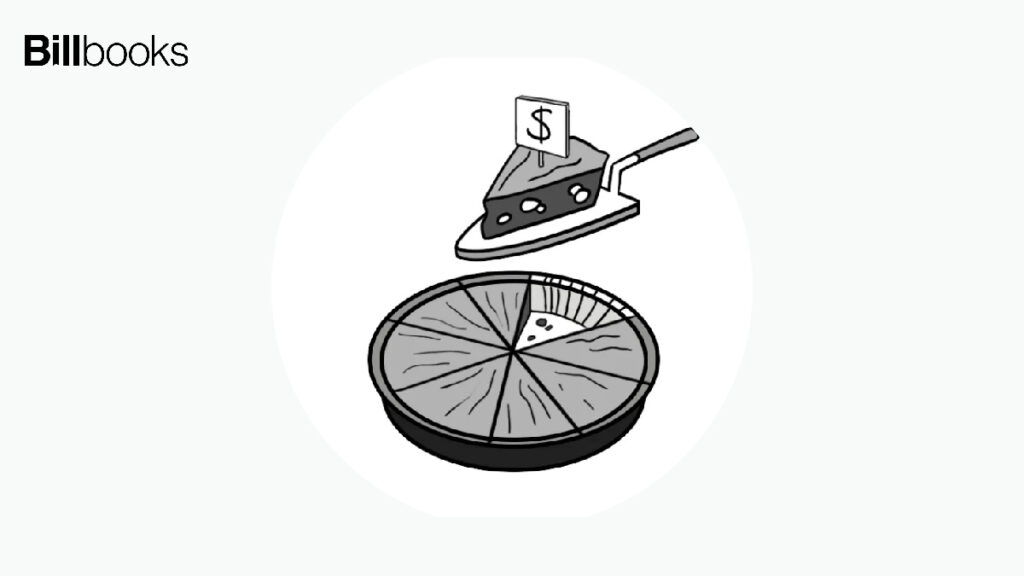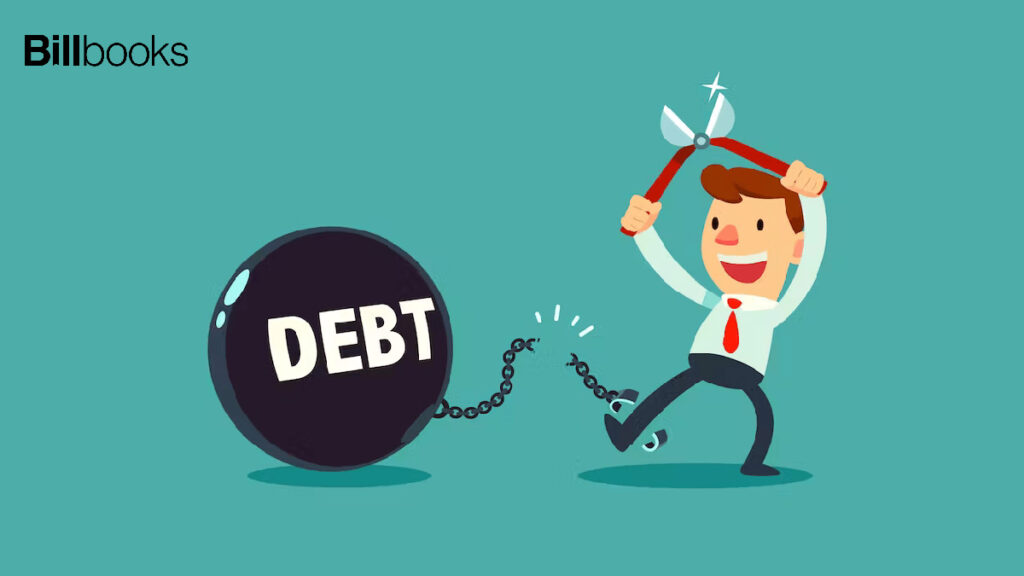Running a small business gives you freedom and control of your destiny like no ‘day job’ ever
can. But it also takes a lot of time, energy and hard work. And to run a profitable small
business requires all the more attention to detail, and making some savvy strategic decisions
along the way.
There’s more to it than simply keeping expenses low and increasing your revenue – although they are both helpful! In fact there are so many things to consider we’ve had to break this article in two. In this first instalment, we’ll look at the need for planning and monitoring your finances, how working smarter and using technology can boost profitability, how to think about credit, what to do with excess cash, and setting healthy financial habits.
Lease Your Equipment

Starting or expanding a small business can be expensive. Consider leasing equipment rather than buying it outright to save money up-front, minimise maintenance costs, and avoid being stuck with equipment you only require for a specific period of time. You may also be able to claim 100% of the leasing costs as an expense, rather than gradually as a depreciating asset.
Take Your Accounts Online

The advantages to using a cloud-based accounting system are seemingly endless:
- There’s less paper to file and keep track of;
- It’s easier to share your accounts with your book-keeper and accountant;
- You can send estimates and invoices on the go and from any number of devices;
- Your may be able to get a bank feed so you can reconcile sales and expenses;
- You can easily review the financial position of the business to help you make strategic business decisions; and
- Keeping track of invoices can be automated so you never miss out on a payment again.
Invest Outside Your Business

Keeping all your eggs in one basket is the oldest recipe for disaster – your risk exposure is high, and you’re at the mercy of your own industry. Smart small business owners invest their profits in a range of assets across different industries to smooth out financial bumps that may lay ahead. You may not have enough cash in the bank to buy property, but consider buying shares in businesses outside your industry. Or if you have excess cash in the business put it in a term deposit and make it work for you.
Minimise Your Travel

Online meetings and presentations allow you to slash your travel and accommodation costs. Even when meeting with people in the same city, taking your meetings online might save you a whole day of travel time every week – that’s a 20% gain in productivity before the week has even begun! But business is often about relationships, and you will need to travel from time to time. Savvy small business owners save buy booking economical and affordable travel and accommodation, and taking as many meetings as possible when you’re visiting another city.
Keep Your Costs Down

Expenses can add up quickly in business – look for ways to minimise the number of subscription services you use, shop around for cost-effective and high value services, and consider using contractors rather than paying part-time or full-time employees. And while it’s important to pay yourself, you only need to pay yourself what you really need to live a comfortable life. Investing the money you save can help the business thrive.
Manage Your Tax Payments & Employee Entitlements

There should be no surprises when it comes to paying taxes and employee entitlements like superannuation or a 401k plan. Setup a savings account and put a portion of every payment you receive into the account until your quarterly or annual taxes are due. If you do need to dip into this account to assist your cashflow, enquire with your tax office about a payment arrangement to pay your taxes over a few months.
Be Strategic With Tax

Think about the best time to file your tax return. If you expect to have a large tax bill to pay, can you delay your lodgment (within the legal timeframe!) and invest your cash in a term deposit in the meantime? If you review your financial position a few weeks before the end of financial year you’ll have a clear idea of your profit and how much tax you’ll need to pay. If you have excess profit in the business, it may be a good time to invest in new equipment or office supplies.
Don’t Buy What You Don’t Need

Small business grow steadily over time. Your spending needs to mirror this if you’re going to have good cash flow. Before you spend on business cards, signage, technology, subscription services, stock and even bulk office supplies, ask yourself if the time is right. Can you wait for more revenue to come through the door?
Check Your Profit Margin

Monitoring your financial position through easy to understand reports is an essential part of running a profitable small business. Compare your profit margin to previous years – if it’s not increasing year on year, you’ll need to reduce unnecessary expenses or boost revenue without employing any new resources.
Reduce Your Debt

Bad debts can be crippling – they may create cashflow issues or degrade your credit rating, and you may suffer unnecessary stress as a result. Keep on top of your debt repayments – and if you can, investigate paying them down quicker to reduce the amount of interest payable. Nothing says ‘successful small business’ to potential stakeholders than debts diminishing fast.
Review Your Expenses

Staying on top of expenses before they start to spiral is one of the simplest ways of increasing your profit. Review your fixed and variable expenses and look for ways to save. Can you move into a more cost-effective office? Can you partner with other businesses and exchange services rather than pay standard rates? Did you use that subscription service recently? Did your marketing campaign actually deliver results? And have you been passing on all your billable expenses to your clients?
Be Smart With Credit
Everything has a place and time. When assessing whether to take on a line of credit – and the interest repayments associated with it, ask yourself if you can afford the repayments over the next 12 months. It may be better to operate within your means as your business establishes itself, and only take on credit as the business requires a line of credit and can afford it. And when you do have credit available to you, pay it down regularly to minimise your interest payments.
Set Healthy Financial Habits

Be in control of your finances and be smart with how you manage it. Setting a regular time of the week for making payments and sending invoices can alleviate the stress of trying to find time amongst everything else you have to do. It also helps you manage your cashflow and reduce the chances of missing payments. Also schedule in time for thorough quarterly reviews of your finances so you can monitor the bigger picture financial health of your business.
We’re only half way through our list of 25 things profitable small business owners do well, but we hope you’ve already started thinking differently about how you run your own small business. Stay tuned for Part 2 as we look at business growth, staying on top of invoicing, forecasts, ROI and more.
Disclaimer:
The content of this article should be considered as general advice and principles for running a small business. For advice specific to your business, speak with your accountant or financial planner.

